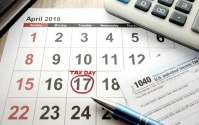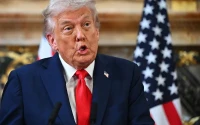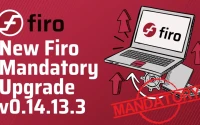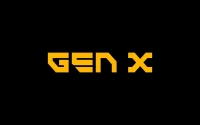There are moments in technology when the ground shifts beneath your feet. It’s not a sudden earthquake, but a deep, tectonic rumble that you’ve been feeling for years, a vibration that suddenly crescendos into a tangible, world-altering movement. I believe we are living through one of those moments right now.
And it looks, of all things, like a line on a chart.
For the past few days, my screen has been dominated by the Zcash (ZEC) chart. You might have seen the headlines in the latest crypto news. A price of $67.66, a recent peak at $71, a staggering 70% climb in just 30 days. But that’s not the interesting part. The interesting part, the part that should make the hair on your arms stand up, is the ZEC/BTC chart. For eight long years—an eternity in this industry—Zcash has been in a downtrend against Bitcoin. A slow, grinding descent that led many to write it off. One trader on X, "TraderButWhy," even called it a "problem child." It was the project that was always promising, but never quite delivered on that promise in the market’s eyes.
Until last week.
Last week, that eight-year prison wall was shattered. The line on the chart broke upwards, decisively. When I saw that jagged line finally, definitively, break free from its long confinement, I honestly just sat back in my chair, speechless. This is the kind of breakthrough that reminds me why I got into this field in the first place. It’s not just numbers on a screen; it’s a signal. A flare sent up from the future.
Some will tell you this is just a "late stage cyclical phenomenon," a quirky indicator that a bull market is nearing its top. They see the Zcash crypto as a laggard, finally catching a bid. I see something entirely different. I see the beginning of a profound re-evaluation, a market awakening to an idea whose time has not just come, but is desperately overdue. The "Big Idea" isn't about the `zcash price`; it's about the dawn of practical, programmable, and verifiable digital privacy.
###
The Secret Ballot for Your Wallet
The Unseen Engine of Freedom
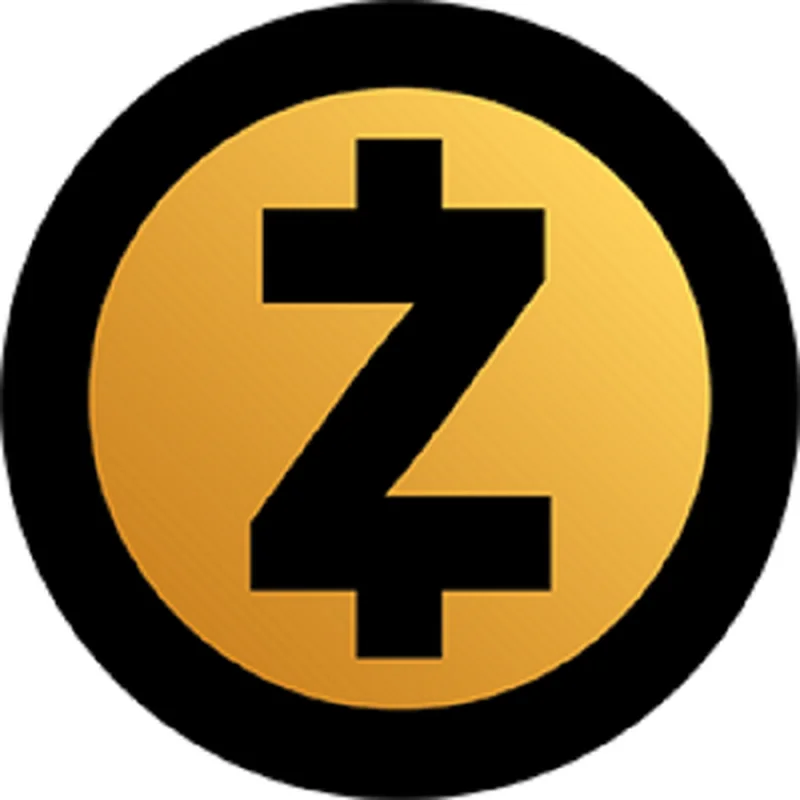
Let’s take a step back. What is Zcash, really? Nine years ago, it burst onto the scene with a technology that felt like science fiction: ZK-SNARKs. This uses something called zero-knowledge proofs—in simpler terms, it means you can prove a statement is true without revealing any of the underlying information that makes it true. Imagine being able to prove you have enough money in your zcash wallet for a purchase without ever revealing your total balance, where the money came from, or who you are.
This is the magic behind Zcash’s “shielded” transactions. You deposit your `zec` into a private pool, and when you spend from it, the link to your original deposit is broken. To the outside world, the transaction is valid, but the details are encrypted. This is a paradigm shift in how we think about digital transactions, which, on blockchains like Bitcoin or Ethereum, are radically transparent by default.
For years, however, there was a catch. The early privacy pools required something called a "trusted setup," a complex cryptographic ceremony that, if compromised, could theoretically allow for undetectable counterfeiting. It was a necessary but uncomfortable trade-off. But that’s the old story. The Zcash of today runs on the Orchard pool, powered by a breakthrough called Halo 2, which completely eliminates the need for a trusted setup. This isn't a minor upgrade; it's a foundational leap forward for the entire field of cryptography—it means we can now have mathematically pure, trustless privacy, and the speed of this development is just staggering, it signifies the gap between theoretical cryptography and real-world application is closing faster than we can even properly comprehend.
Think about the invention of the secret ballot. Before it, your vote was public. You could be coerced, intimidated, or punished for your choice. The secret ballot created a private space for individual conscience, fundamentally strengthening democracy. What Zcash and technologies like it represent is the secret ballot for our economic lives. In an age of unprecedented digital surveillance, where our every click and purchase is tracked and analyzed, the ability to transact with discretion isn't a niche feature for cypherpunks; it's a fundamental human right waiting to be reclaimed.
Of course, with this power comes immense responsibility. We must build frameworks and norms that ensure these tools are used to protect the vulnerable, the dissidents, and the everyday citizen, not to shield criminals. But to reject the tool because of potential misuse is to reject the very premise of freedom. We don't ban cash because it can be used anonymously; we recognize its utility for personal sovereignty.
This is why I find the recent commentary from people like Mert, the founder of Helius, so compelling. He’s been a vocal advocate, arguing that "this time is different." He’s right. It is different. The technology is mature. The need is acute—just look at the Google searches for "privacy coins" hitting all-time highs. The market isn't just chasing a pump; it's finally grasping the stakes.
So when you look at that chart, don’t just see the `zcash chart` or a price prediction. See a symbol of a great awakening. See the moment the world started to remember that a transparent society doesn't have to mean a society with no secrets, no intimacy, and no private sphere. What does a truly private digital economy look like? What new forms of commerce, art, and social organization become possible when we have the choice to draw a curtain around our affairs? We’re about to find out.
---
The Dawn of Digital Discretion
This isn't just another coin's season. This is the market finally placing a tangible value on a fundamental human right. We are witnessing the birth of an economy where privacy is not a bug to be patched or a feature to be added, but the very foundation upon which a new, more humane digital world will be built. The rumble is over. The ground has shifted.
Reference article source:




